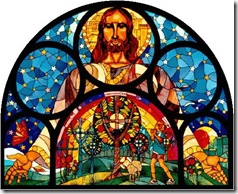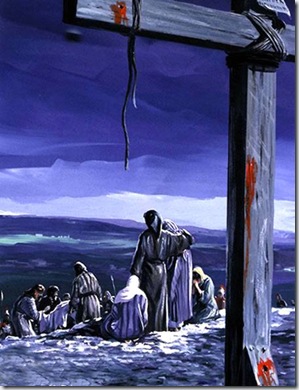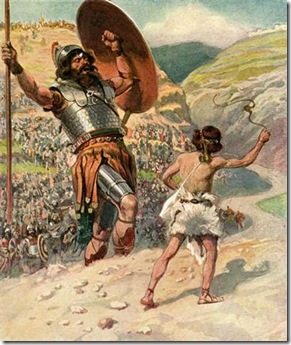By faith Moses, when he was grown up, refused to be known as the son of Pharaoh’s daughter, choosing rather to share ill-treatment with the people of God than to enjoy the fleeting pleasures of sin.
He considered abuse suffered for Christ to be greater wealth than the treasures of Egypt, for he was looking ahead to the reward.
By faith he left Egypt, unafraid of the king’s anger; for he persevered as though he saw him who is invisible. (Hebrews 11:24-27)
 Talk about a radical reorientation to everything that we think in the natural!
Talk about a radical reorientation to everything that we think in the natural!
- Who wouldn’t want to be known–isn’t fame the greatest treasure?
- Who wouldn’t want to have the place of son in the royal family–isn’t celebrity and having people look up to you a major rush in life?
- Who wouldn’t want to be well thought of and treated well–isn’t good treatment our just desserts?











